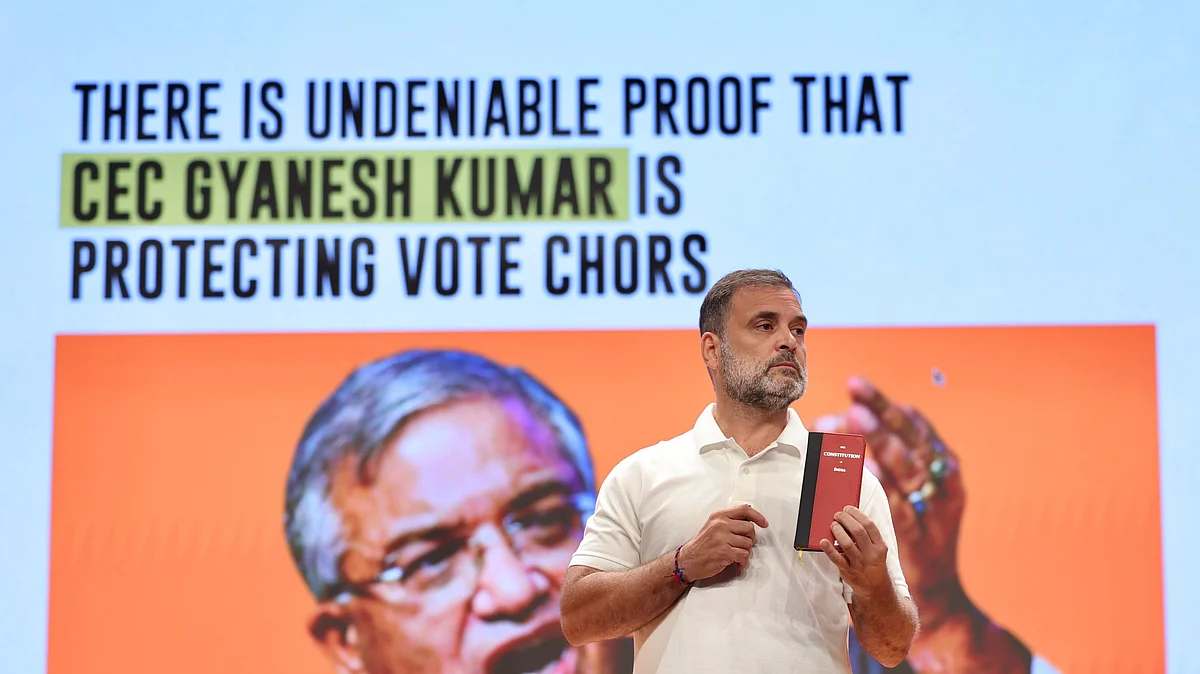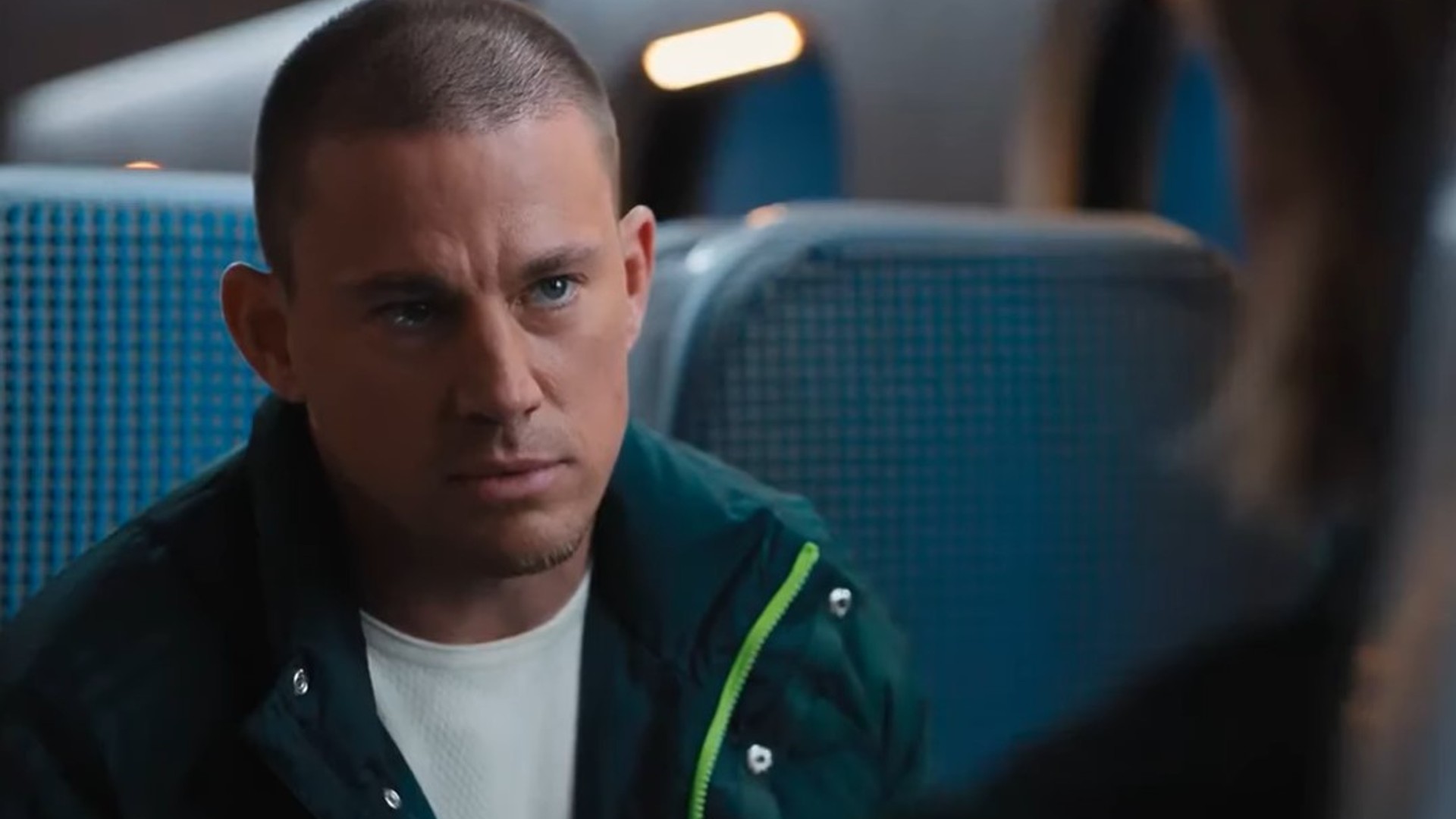By News18,Prakhar Sharma
Copyright news18

Campus life at premier technical colleges always combined furious technical work with spirited argument—discussions about food, discipline, and politics long coexisted with late evening labs and problem sets. That combination of dedication to technical mastery alongside free, often contentious, intellectual discussion contributed to the building of many Indian technical colleges’ global reputations. So, attempts to turn back humanities studies at such places and maintain them restrictively as “technical” and lab-centred preparation miss a key fact: the humanities are more than aesthetic afterthoughts. They are integral in creating technologists and engineers who design products, services, and policies that work in people’s lives.
Learning from the best
The world’s leading tech schools get this: MIT even has a fully-fledged School of Humanities, and Singapore’s tech-design universities weave arts and social sciences into engineering degrees. India’s National Education Policy 2020 likewise champions multidisciplinary programmes to break academic silos. The best institutions treat philosophy, history, and literature not as padding but as prompts that shift the question from “How do we build this?” to the more important “Should we build it?”
Critics sometimes claim the humanities only stir up politics on campus. But that misunderstands what the humanities do: they teach us to question everything—power, meaning, ethics—from multiple angles. In fact, turning away from that questioning is far more dangerous. Tech executive Rishi Jaitly argues that the so-called “fuzzies” (humanists) and the “techies” depend on each other to build real solutions. He calls the ideal graduate a “full-stack human”—someone who draws on every kind of intelligence, can tell a story, and remains “other-oriented” while solving problems.
And as humanities scholar Robert Newman reminds us, encouraging diverse perspectives is the point: the humanities are “meant to encourage multiple perspectives…there is no set agenda”. In a workplace shifting from Web2 to AI and beyond, those storytelling and empathic skills are exactly what employers say they value most. “Employers say they’re looking for writing skills, above all,” Newman notes. It’s hard to argue with that when 42 per cent of tech execs majored in humanities or social sciences.
The human side of innovation
Indian back-end engineering capabilities have not always, however, yielded global leadership in consumer software. Competency in engineering alone is not enough to guarantee products that will scale for different end-users. Successful consumer software necessitates an in-depth understanding of people’s behaviour, languages, norms of society, and trust models. Human-centred design, rooted in anthropology, psychology, and communication, closes that gap and makes engineering more successful.
When Carl Sagan recalled in the preface to The Demon-Haunted World that, at the University of Chicago, “it was considered unthinkable for an aspiring physicist not to know Plato, Aristotle, Bach, Shakespeare, Gibbon, Malinowski, and Freud,” he was reminding us that scientific training was once inseparable from a broad grounding in the humanities. Indeed, in ancient India and Greece, the core curriculum mixed grammar, logic, philosophy, and natural enquiry rather than isolating them.
Bringing technical study together with literature, history, and the social sciences helps engineers understand people and context, and so produces designs and solutions that work in real lives. Many leaders in technology also trace part of their formation to the humanities—a reminder that technical skill plus humanistic perspective is a powerful combination.
Vyakti-Nirman: Bharat’s educational vision
Bharat’s educational philosophy, as Swami Vivekananda envisioned, is about “man-making”—nurturing strength, compassion, and responsibility, not just filling minds with facts. Education should create citizens who embody dharma, not merely workers for the economy. Bharat’s greatest gift to the world has been ideas and values, not just inventions; hence, institutions must shape hearts as well as hands and minds. True innovation lies in empathetic problem-solvers, not just coders. The idea of “vyakti-nirman” (creating people who will lead the change) comes to mind.
It is not equivalent to intellectual monoculture to preserve a school’s technical mission. The answer lies in better integration, not exclusivity. This argument is at its core about what kind of professionals we should graduate. Tunnel vision experts, or code-and-conscience holists who combine code and conscience? The solutions to Indian problems are often socially rooted—silicon solutions will not suffice.
In the end, humanities in engineering isn’t political point-scoring; it is about forming humane innovators. To shut down arts and social sciences, as Avijit Pathak warns, would cripple imagination and leave graduates ill-equipped. The challenge is not whether to keep humanities, but how to integrate them so that even engineers never lose sight of the people they serve.
Prakhar Sharma is an Assistant Professor at Rishihood University and Alumnus of London School of Economics and TISS Mumbai. Views expressed in the above piece are personal and solely those of the author. They do not necessarily reflect News18’s views.



